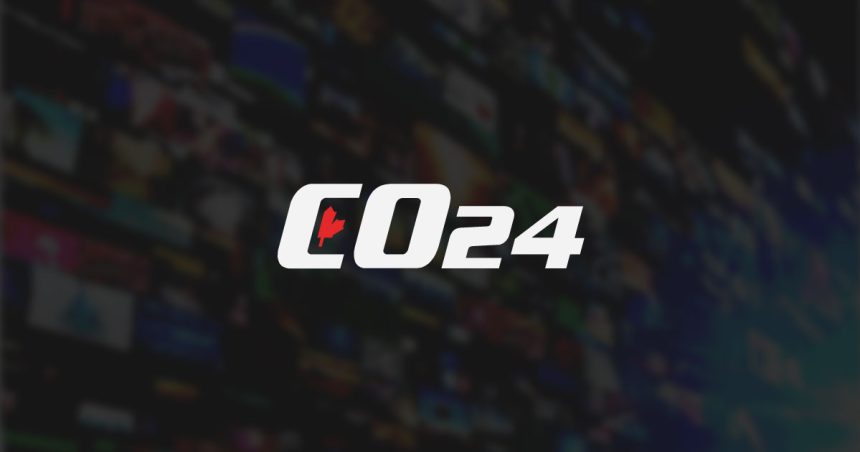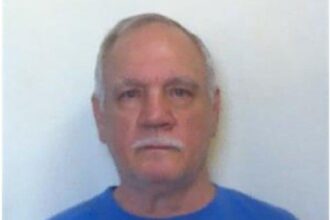In a London, Ontario courtroom this week, prosecutors presented critical visual evidence in the sexual assault trial of five former World Junior hockey players, offering jurors a disturbing timeline of events from the night in question. Security footage and cellphone videos captured between June 18-19, 2018, have become central to a case that has sent shockwaves through Canada’s sporting community.
The five defendants—Dillon Dubé, Cal Foote, Alex Formenton, Carter Hart, and Michael McLeod—face serious charges stemming from an alleged incident following a Hockey Canada gala in London. All have pleaded not guilty to sexual assault, with McLeod facing an additional charge of sexual assault as a party to the offense.
“What we’re seeing unfold in this courtroom represents a methodical reconstruction of that evening,” said legal analyst Patricia Morrison, who specializes in high-profile cases. “The prosecution is attempting to establish a comprehensive visual record that tracks movements, interactions, and the condition of all parties involved.”
According to testimony, security cameras captured the complainant meeting the defendants at Jack’s, a downtown London establishment, before the group moved to Deluxe Restaurant. The footage shows them later leaving in cabs around 1:30 a.m., with the woman traveling to the Delta Armouries Hotel with one of the players.
The prosecution also presented videos retrieved from the complainant’s phone showing a brief tour of a player’s hotel room, alongside text messages and communications sent before and after the alleged assault. These digital breadcrumbs may prove pivotal in establishing consent—or lack thereof—in a case where memories and testimony often conflict.
Defense attorneys have consistently maintained that any sexual activity was consensual, challenging the prosecution’s narrative. They point to gaps in the video evidence and question whether selected footage presents a complete picture of the evening’s events.
The trial, expected to last several weeks, has sparked renewed discussions about sports culture, accountability, and consent. Hockey Canada has faced intense scrutiny since 2022 when the allegations became public, leading to governance changes and the implementation of new oversight mechanisms within the organization.
“Cases involving high-profile athletes inevitably attract significant attention,” notes Dr. Emma Bartlett, professor of sports ethics at Ryerson University. “But beyond the celebrity element, this trial raises profound questions about power dynamics and responsibility within elite sporting environments.”
As the legal proceedings continue, both the hockey community and the public remain focused on a case that transcends sport, touching on issues of consent, accountability, and justice in contemporary Canadian society. The trial continues next week with further witness testimony.
What lasting impact might this case have on how sporting organizations address allegations of misconduct, regardless of the ultimate verdict?


















